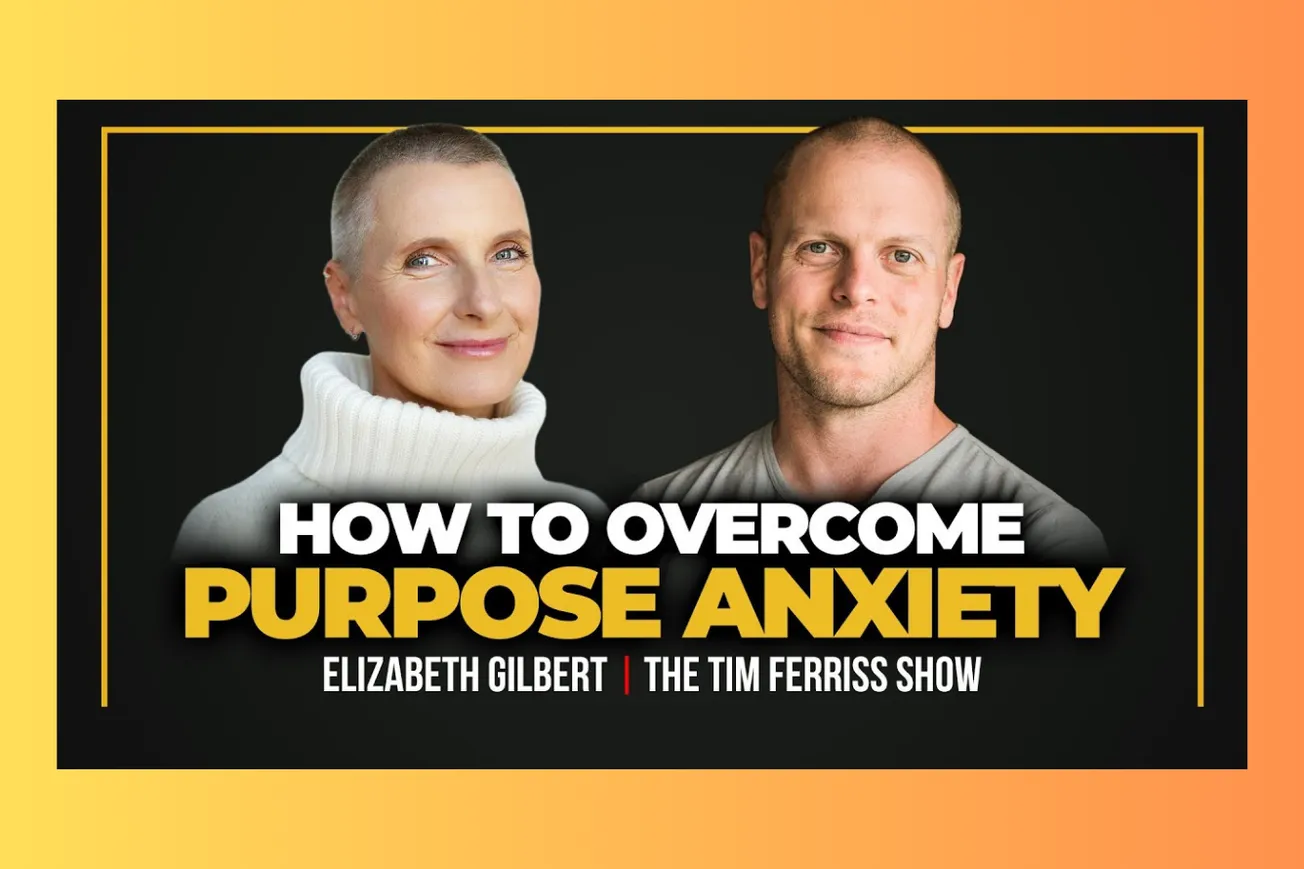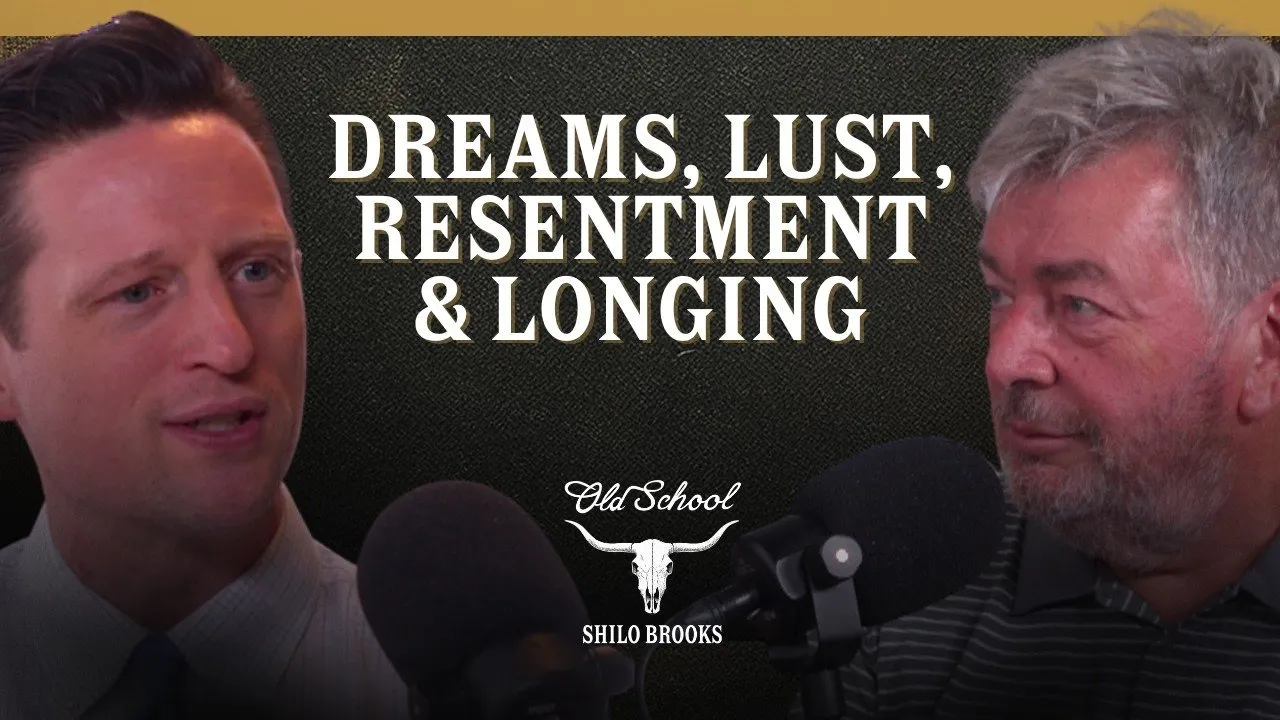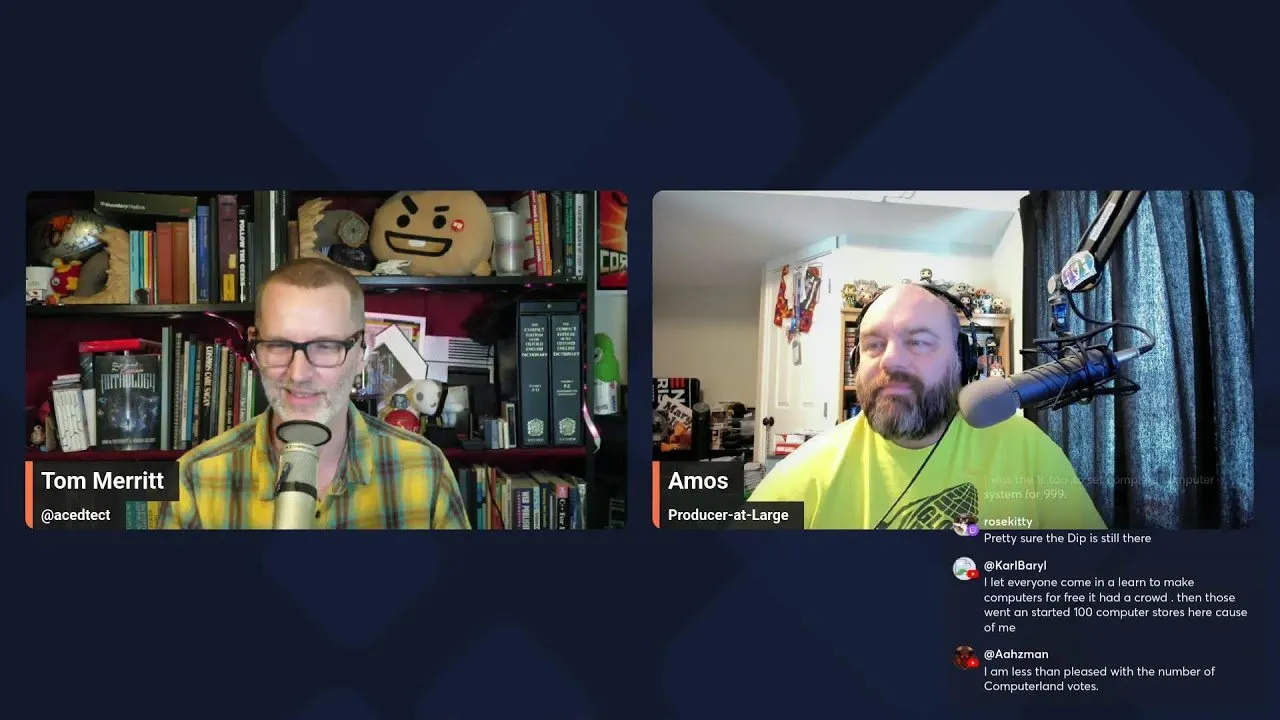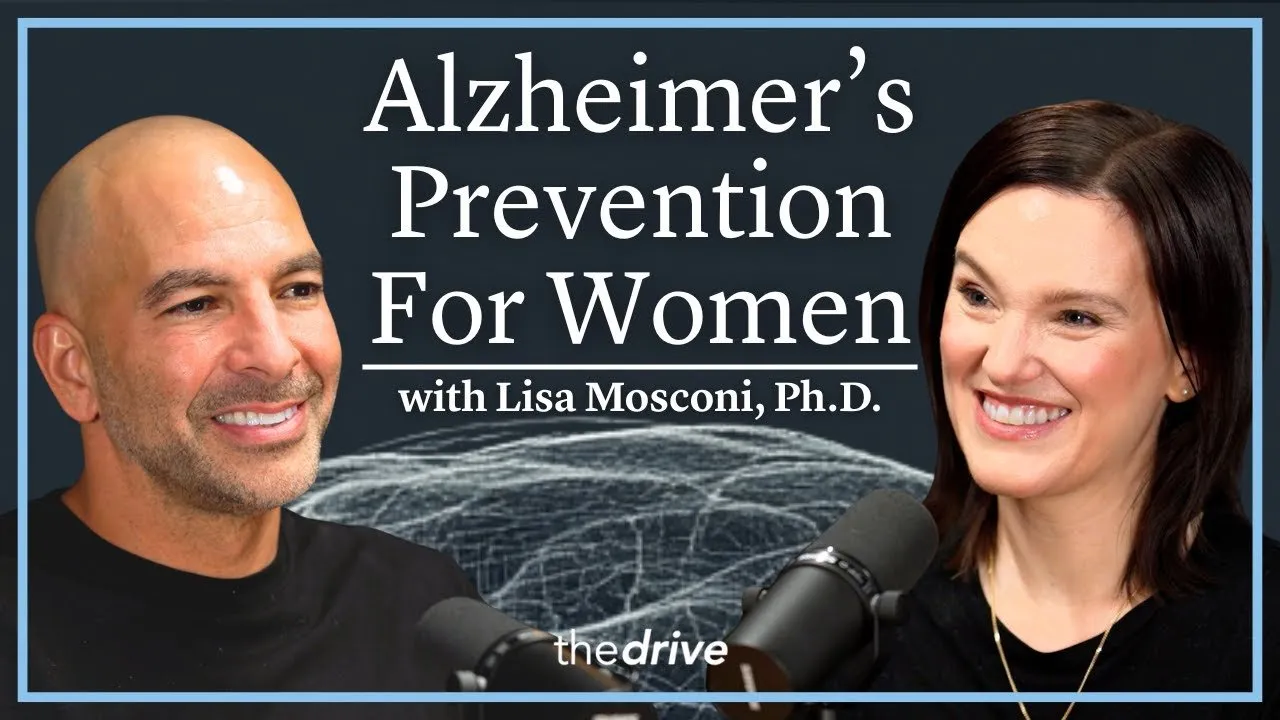Table of Contents
Elizabeth Gilbert explores boundaries, self-compassion, and the freedom of no cherished outcome—offering a blueprint for navigating purpose and creative life.
Key Takeaways
- Inspiration is sacred but fickle—Gilbert insists you earn the right to follow new ideas by proving you can finish old ones.
- "No cherished outcome" is her mantra, a Celtic vow of undefended presence and radical acceptance.
- Romantic love often awakens hidden expectations; friendships, by contrast, are where she practices real freedom.
- Her practice of writing letters from unconditional love began during a breakdown and became her spiritual anchor.
- Two-way prayer—listening, not just pleading—is a transformative ritual she shares widely.
- Setting strong, even extreme, boundaries protects your peace and defines a healthy life.
- Priorities, mysticism, and boundaries form the tripod of her relaxed, powerful womanhood.
- Gilbert sees creative projects as ideas that make proposals—she only accepts the ones that show commitment.
- True peace, she argues, comes not from control but from surrendering to the unknowable mystery of life.
Breathing Room: The Power of No Cherished Outcome
- Gilbert draws from a Celtic poem of approach, repeating the phrase "I have no cherished outcome" as a spiritual discipline for staying open-hearted and present.
- She sees it not as passive detachment, but as radical clarity: a vow to remain undefended and unattached to specific results, especially in relationships.
- Any time she feels resentment, she examines her emotional state: Did I secretly hope for something I didn’t say aloud?
- In friendships, she finds it easier to live by this principle. In romantic relationships, her expectations multiply almost immediately.
- "Friendships are the true loves of my life," she says—they demand less performance and give more freedom to just be.
- She reflects often on how easy it is to mislead ourselves into thinking we're casual and cool, only to be surprised by our reaction when things don't go the way we quietly hoped.
Divine Conversations: Letters from Unconditional Love
- Gilbert's most enduring spiritual practice began at her lowest point—in her 30s, post-divorce, and riddled with shame and confusion.
- In a moment of despair, she felt a clear instruction: get a notebook and write the words she most wished someone would say.
- What poured out was a voice of boundless love. "I’ve got you. You’re not alone. You can't do this wrong."
- That voice has stayed with her since. She calls it unconditional love, sometimes God, sometimes just "Love."
- This practice aligns with what many 12-step recovery communities call "two-way prayer" — not just speaking to God, but listening for a response.
- There are methods, too: begin by reading something sacred (poetry, scripture, anything that opens your heart), ask one loving question, then wait.
- Always start the letter with an endearment. My love. Little one. Angel. Even if it feels awkward, it's a necessary act of re-parenting the soul.
- Gilbert reminds us: even if this loving voice is "just" your own higher self, that doesn't make it any less real or powerful.
Cutting the Noise: Boundaries as a Form of Devotion
- Some people disrupt our nervous systems so deeply that no amount of compassion can override their impact.
- Gilbert, once spiritually ambitious enough to believe she could love through any discomfort, now recognizes that protecting her peace is sacred work.
- She describes returning from interactions with certain people feeling sick, disoriented, and tempted to self-soothe in unhealthy ways.
- She doesn’t judge herself anymore for needing space. She honors it.
- Inspired by activist Rachel Cargle, she fully embraces the idea that no one—not even a family member—is entitled to remain in your life.
- She's blocked family, skipped holidays, and ghosted certain connections when honesty would have only caused more harm.
- Her language for boundary-setting is rooted in self-responsibility: "I'm not well when we're in contact. I can't do this."
- And when words fail or conflict would cause damage, she simply withdraws.
The Three Pillars of a Relaxed Woman
- Gilbert identifies something she never saw growing up: a relaxed woman.
- Society reveres women who are strong, fierce, self-sacrificing—but rarely the ones who are peaceful.
- She proposes a radical alternative to hustle culture and perfectionism: boundaries, priorities, mysticism.
These are her spiritual non-negotiables:
- Boundaries protect your serenity. They are not cruelty, but containment.
- Priorities clarify what deserves your time. She recommends no more than four.
- Mysticism connects you to something greater than yourself. It's where her nervous system finally exhales.
- Losing her partner to cancer clarified her priorities instantly. Suddenly, dozens of unread emails became irrelevant.
- Her inbox was never about being too busy—it was about not caring enough. And she now owns that.
- Women are taught that saying "I don’t care" is taboo. Gilbert insists it’s essential. You cannot care about everything.
Solitude as Sanctuary: Loving the Company You Keep (Your Own)
- After choosing celibacy and years of solitude, Gilbert discovered something revolutionary: her own company was enough.
- She learned her moods were weather systems—not indictments of anyone else.
- No partner to blame meant no projection. Just presence.
- "I love not having anyone to pin it on," she says, relieved. She has become her own calm companion.
- She spends holidays alone, not as an act of defiance, but of peace.
- Her ideal day involves coffee, silence, and hours of uninterrupted writing.
- For her, creative work isn’t lonely. It’s intimate, nourishing, mutual.
- She even buzzed off all her hair in a defiant act of self-liberation, tired of the gendered expectations around beauty.
How to Choose: Purpose Without the Panic
- Creative ideas, she believes, are alive. They approach us, not the other way around.
- But ideas must earn our commitment. Her test: "Have you ever finished anything before?"
- If you haven’t, don’t jump to the new shiny idea. Learn to finish the boring one first.
- She holds internal team meetings where ideas must pitch themselves to her, like startups seeking investment.
- If an idea can’t articulate its vision, it’s not ready.
- She never switches projects mid-stream. That’s how you build a career and a creative legacy: one full commitment at a time.
- She has spent decades thinking about her novels before starting them. Some have waited 10+ years for their turn.
- Her clarity in creative life contrasts her messy romantic history—proof, she says, that humans are always a little inconsistent.
Mysticism, Mystery, and the Surrendered Life
- Gilbert finds peace in mystery—in remembering that she doesn’t know what she’s looking at, and probably never will.
- She connects with the idea that what looks like natural law may be nothing more than local ordinances of our dimension.
- From Nobel physicists to Sufi poets, the deeper she dives into the unknown, the calmer she becomes.
- Certainty, she believes, is what causes anxiety. Letting go of control lowers the stakes of every decision.
- The mystical voice that calms her most says: "You don’t even know what you’re looking at."
- That one line returns her to her breath, her body, and her sense that this life—messy, glorious, unfathomable—is not hers to master.
- When she asks, "What would you have me know today, Love?" she stops chasing and starts listening.
- Her legacy won’t be about controlling outcomes, but about how fully she showed up, wrote, loved, and let go.









